We’re excited to introduce you to the always interesting and insightful Michael Shipley. We hope you’ll enjoy our conversation with Michael below.
Hi Michael, thanks for joining us today. Earning a full time living from one’s creative career can be incredibly difficult. Have you been able to do so and if so, can you share some of the key parts of your journey and any important advice or lessons that might help creatives who haven’t been able to yet?
Have you been able to earn a full-time living from your creative work? If so, can you walk us through your journey and how you made it happen? Was it like that from day one? If not, what were some of the major steps and milestones and do you think you could have sped up the process somehow knowing what you know now?
Yes, I have been able to support myself with my creative work for the last 25 years. Artists have always needed patrons, someone who recognizes the intangible but profound value of creativity to society. I’ve been fortunate enough as a TV writer to essentially become my own patron.
But I’ll say right off the bat that while using your art to support yourself is a fantastic goal, it’s not one that I believe people should fixate on. What I mean is, it’s important not to confuse “valuable art” with “art that people will pay for”. People pay for my TV writing, which allows me to keep taking photographs, making music and performing in live theater. Those pursuits aren’t any less meaningful to me because they don’t pay the bills. If you can support yourself with your art, that’s glorious! But I think the important thing for artists is to figure out a way to keep being creative, whatever that looks like. There is zero shame in a life path where you work a day job to finance your art. You are still your own patron. You may not enjoy the money-making part of life as much, but you’ve achieved the most important victory! I have seen too many people in LA chase their creative dream, not reach the heights they imagined and then bail on creativity entirely. Don’t give up on yourself just because someone else or some marketplace decides what you’re doing isn’t worth a living wage.
That said, I’ll answer the other parts of your question. The first job I got in TV where I could pay my rent was as a writers’ assistant – someone who writes down what the writers on a show are saying, types in changes to scripts, keeps drafts organized, etc. Somewhat menial work, but I was over the moon to actually be in a writers’ room for a TV show. I lied to get that job. Not a strategy I recommend, but assistant jobs were very sought after and I knew I didn’t have a chance if I had nothing on my resume, so I put down that I’d been a writers’ assistant on a show that was cancelled the season before. That could have blown up in my face if they ever checked, but luckily for me, they never did.
Here’s what I can recommend – be positive, likable and hard-working. Even with my lie, I still wouldn’t have gotten that job if I didn’t come across in the interview as someone they could stand being in a room with night and day for nine months. That was true for writing jobs I got later as well. If you get as far as the interview, they’ve looked at your work/work history, now they want to know if they like being around you. Importantly, once I had the job, I was bad at it – in part because I had never freaking done it before. That’s where hard-working comes in. I remained positive and likable, but now I had a chance to overcome my poor skill set with effort. People love it when you work hard, it makes their lives easier – which is the true job description of most gigs in TV, make your boss’s life easier.
The only other piece of strategy that I can share is something that Brian Eno phrased as “Shoot wildly but have a lot of targets.” I moved the LA with multiple creative interests – comedy, music, acting, photography, etc. – I didn’t know which one might start paying the bills, so I pursued them all. That gave me more chances for something to start clicking. I worked really hard, but I’m still very lucky that something did start to click. Be open to unexpected paths; TV writing wasn’t even on my list of dreams when I started, but I learned about it because I kept engaging with the creative community around me. It was a great fit, but not one I ever would have found if I weren’t “shooting” at all the targets I could find.


Michael, before we move on to more of these sorts of questions, can you take some time to bring our readers up to speed on you and what you do?
For folks who may not have read about you before, can you please tell our readers about yourself, how you got into your industry?
Well, with this new “TV writing” target added to the mix, I approached one of the guys I wrote and performed sketches with onstage and we started writing TV samples and trying to get an agent. We kept writing sample after sample and reaching out to the very short list of people we had met in the industry, even when it felt really awkward. Encouragingly, agents or others would occasionally say how impressed they were with our samples, but in terms of tangible progress there was a lot of nothing, nothing, nothing for a very long time. I had actually just started to get very positive feedback about my voiceover abilities and was putting together a voiceover demo tape when suddenly we got our first job writing on a TV show. It had taken five years, but I’m glad and proud I didn’t let that long wait stop me.
There’s a lot to say about how I did everything I could to make sure I KEPT writing on TV shows, but that was the breakthrough moment.
What type of products/services/creative works do you provide?
One of the great things about being a TV writer, especially as you level up, is the variety of responsibilities. I write scripts for episodes of TV, I also pitch story ideas when we’re trying to come up with new episodes, I pitch jokes when a moment isn’t working in my or someone else’s script, I run rooms of writers as we rewrite scripts or come up with new stories, I work with the director and actors on set to make sure we’re getting the right performances and shooting everything we need for the episode to cut together correctly, I sit with the editor and make sure the edit is as strong as possible before we send it out, I help cast episodes, etc., etc.
What do you think sets you apart from other writer/producers?
Several things. I’m a very hard worker who stays focused on the task at hand. I’m not self-conscious about being positive and enthusiastic, even when others aren’t feeling that way. I’ve always been naturally funny, but I have learned to be rigorous, logical and inventive about what’s working and not working in a story. In TV, that’s rarer and arguably more important than being funny. You can always find funny people, but it’s surprisingly hard to find people who can understand and fix stories. Because I started as an actor, I’m also good at dealing with actor and director issues on set. The combination of all these qualities has a lot to do with why I’ve worked so much for so long.
And brace yourself for a cliché, but I’ll add one more: I’ve been true to my sensibilities. Or perhaps more accurately, I’ve worked to always balance the desires of the showrunner with my own sense of what will work. You can’t go totally rogue or your oar will start banging into other people’s, but you have to bring something special about yourself to the table. For example, I’ve always liked absurd conceptual humor so lots of the jokes I pitch are at that end of the spectrum. I read the room, but I’m always offering the possibility of more weirdness than the average writer. One of the best compliments I ever got was when I walked on set to help with a pilot at Sony and the showrunner called out, “Hey, there’s Michael Shipley, the guy you call when you don’t want a joke from the corner store!” I think it’s important to adapt, but also stay who you deeply are. There’s a gravity pull to the middle of the road, but that’s a terrible place to stand.
What are you most proud of?
No matter how good you are, the role of luck an almost not be overestimated, but I am proud of how hard I’ve worked to keep my career on the tracks for so long. Nearly every TV writer who’s been working as long as I have has at some point had the wind at their backs. By that I mean they (rightly or wrongly) got credit for the success of a hit show they were on or happened to partner with an actor/producer/executive they had a relationship with and that gave them enough “heat” to sell projects more easily, to have doors start opening by default because they are perceived (again, rightly or wrongly) by the business side of the industry as shiny and valuable. I’m proud that I’ve worked this long while never hving the advantage of that kind of positive confirmation bias from the suits. It’s been frustrating at times, but I can pat myself on the back that I’ve gotten jobs almost entirely because writers who have actually been on shows with me, who have seen my work firsthand wanted to hire me onto new projects. Even when I went in for an interview on Chuck Lorre’s show, “Mom”, they liked me, but I probably wouldn’t have gotten the gig if one of the Executive Producers hadn’t said to the showrunners, “Oh, I worked with Michael Shipley fifteen years ago. He’s great.” I’m proud of making that kind of impression on the people I’ve actually been in the trenches with.
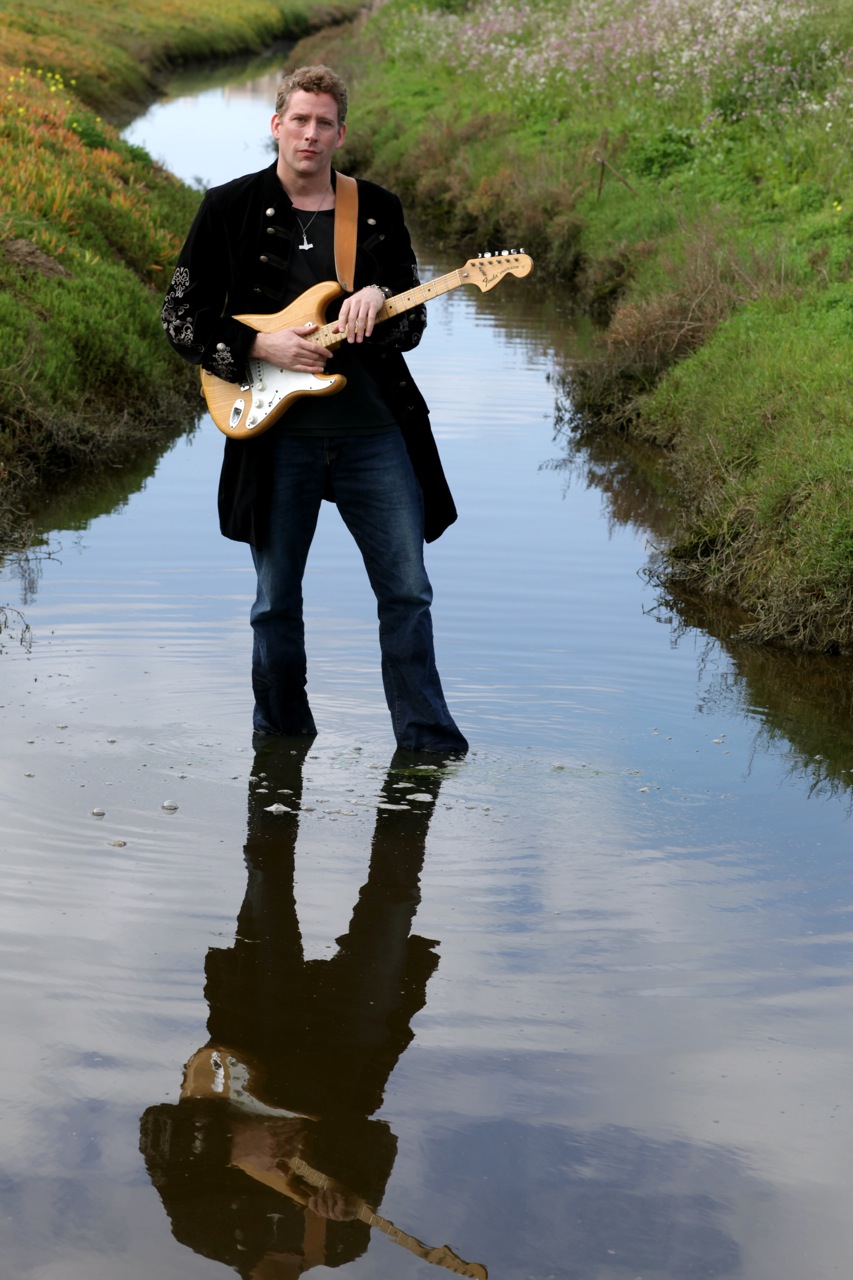
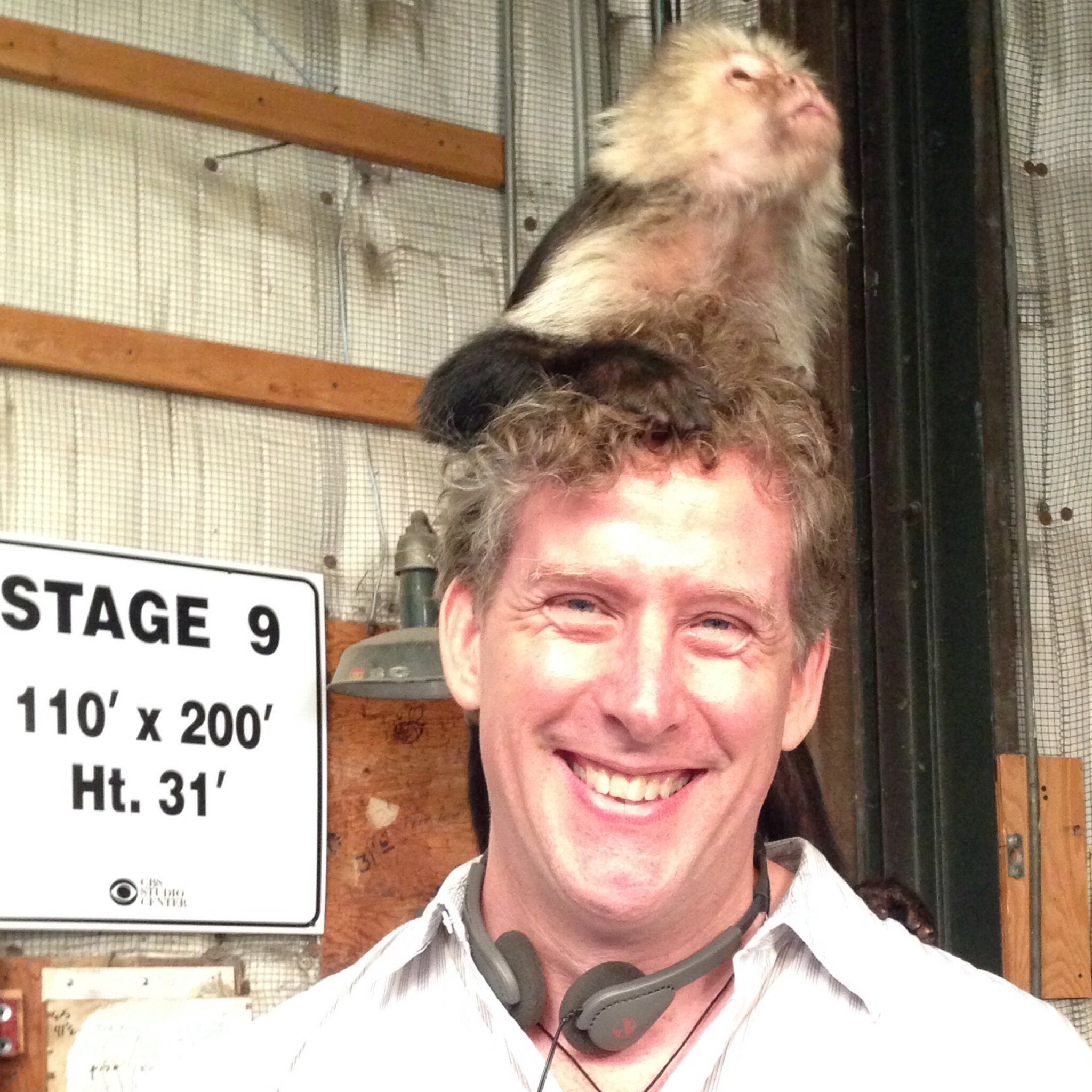
We often hear about learning lessons – but just as important is unlearning lessons. Have you ever had to unlearn a lesson?
I come from a very polite family, full of people who want to generously accommodate others and who never want to be or be seen as arrogant or self-serving. I think there’s value in a lot of that, but in the rough and tumble world of Hollywood, I did have to unlearn the lesson that I should wait my turn and not demand to be heard. Most people in TV aren’t mean, but they are assertive and if you’re too much of a wallflower not you’ll get left behind. On the first network show I did, I’d pitch quietly and the guy next to me would laugh and repitch what I’d said much louder. Most of the time, no one could tell I’d originally pitched whatever it was. So that sucked! It took me two or three shows, but I had to learn you can be assertive while still being good-natured. You can be kind but still stand up for yourself.
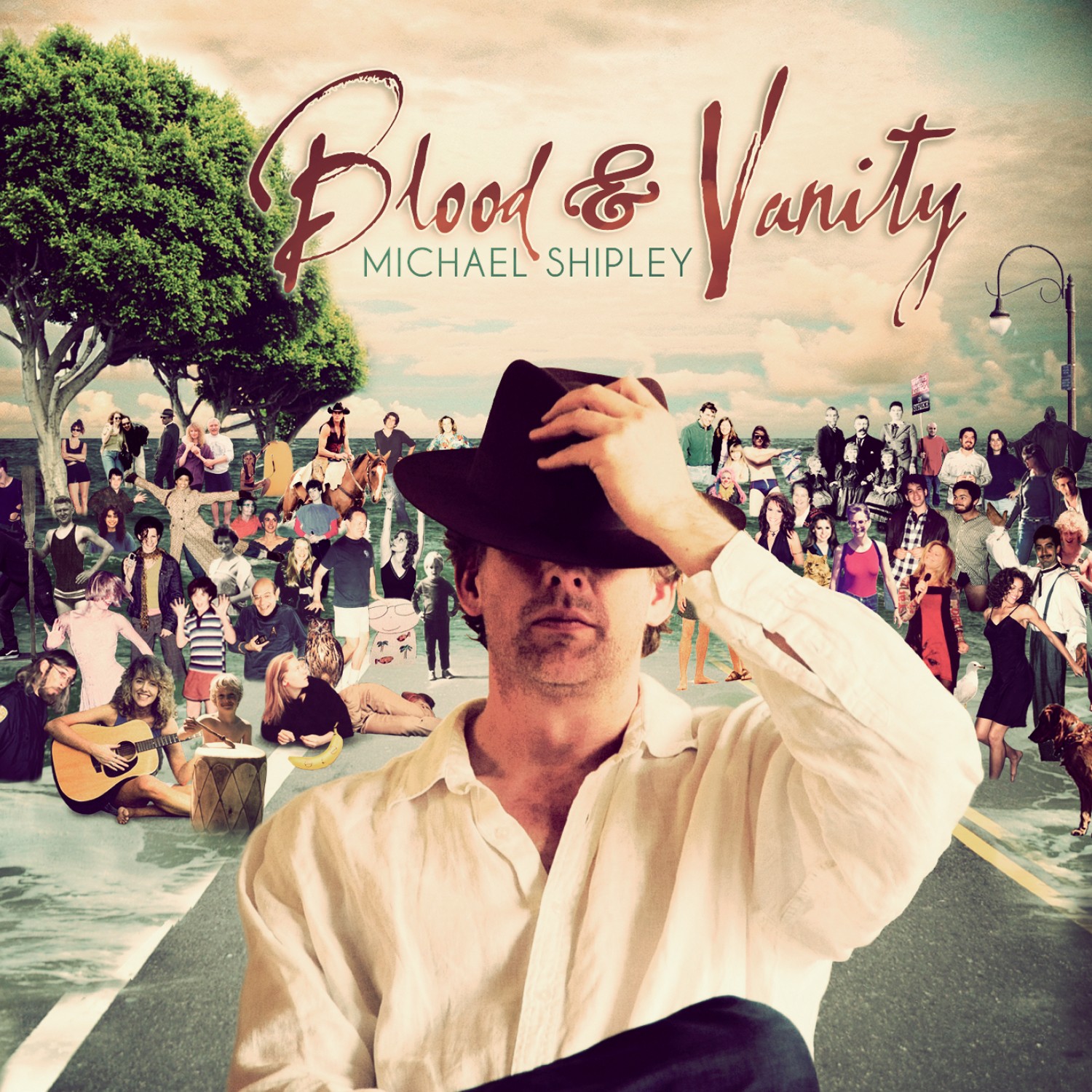

What’s the most rewarding aspect of being a creative in your experience?
It’s two things in concert — discovering deeper levels of what I think and feel by doing the work and then the connection I get from other people when something resonates with them.
And you never know exactly how that’s going to show up. I always think of a time I was on a joint “Family Guy” / “American Dad” panel at Comic-Con. Sometimes you can really question whether writing jokes is doing anything more than very ephemeral good in the world, but during the Q&A, a soldier got up and told us how much joy, comfort and even a sense of being understood one particular episode of “American Dad” had given him and the other members of his platoon when they were overseas. He said he didn’t have a question, he just wanted to thank us. That was profoundly meaningful to me. I always hope there are many more stories like that out there that we never get to hear.
Contact Info:
- Website: https://www.michaelshipley.org/
- Instagram: https://www.instagram.com/michaelshipleywriter
- Facebook: https://www.facebook.com/michael.shipley.9022
- Youtube: https://www.youtube.com/@viddythisthen
- Soundcloud: https://soundcloud.com/michael-shipley-music
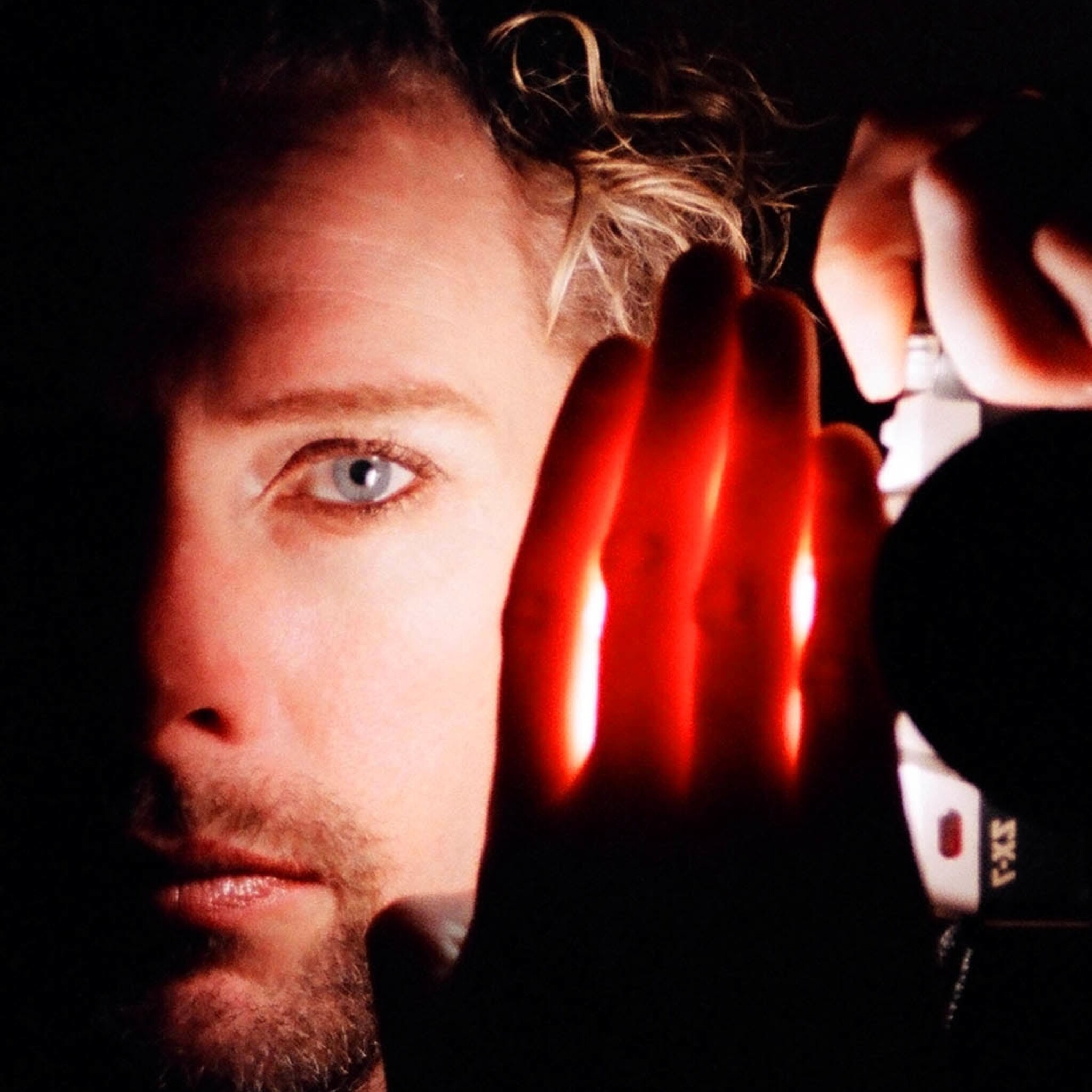





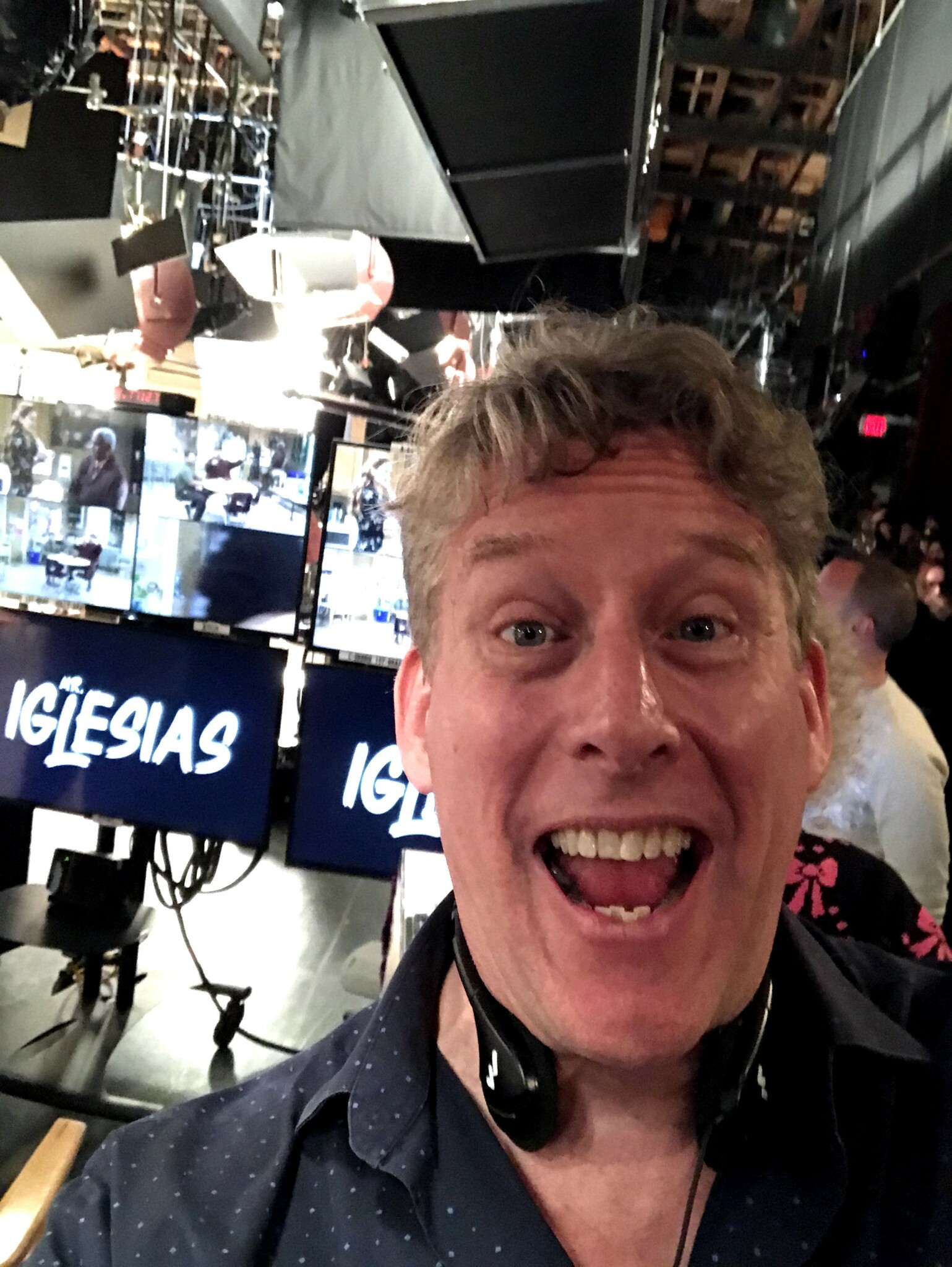
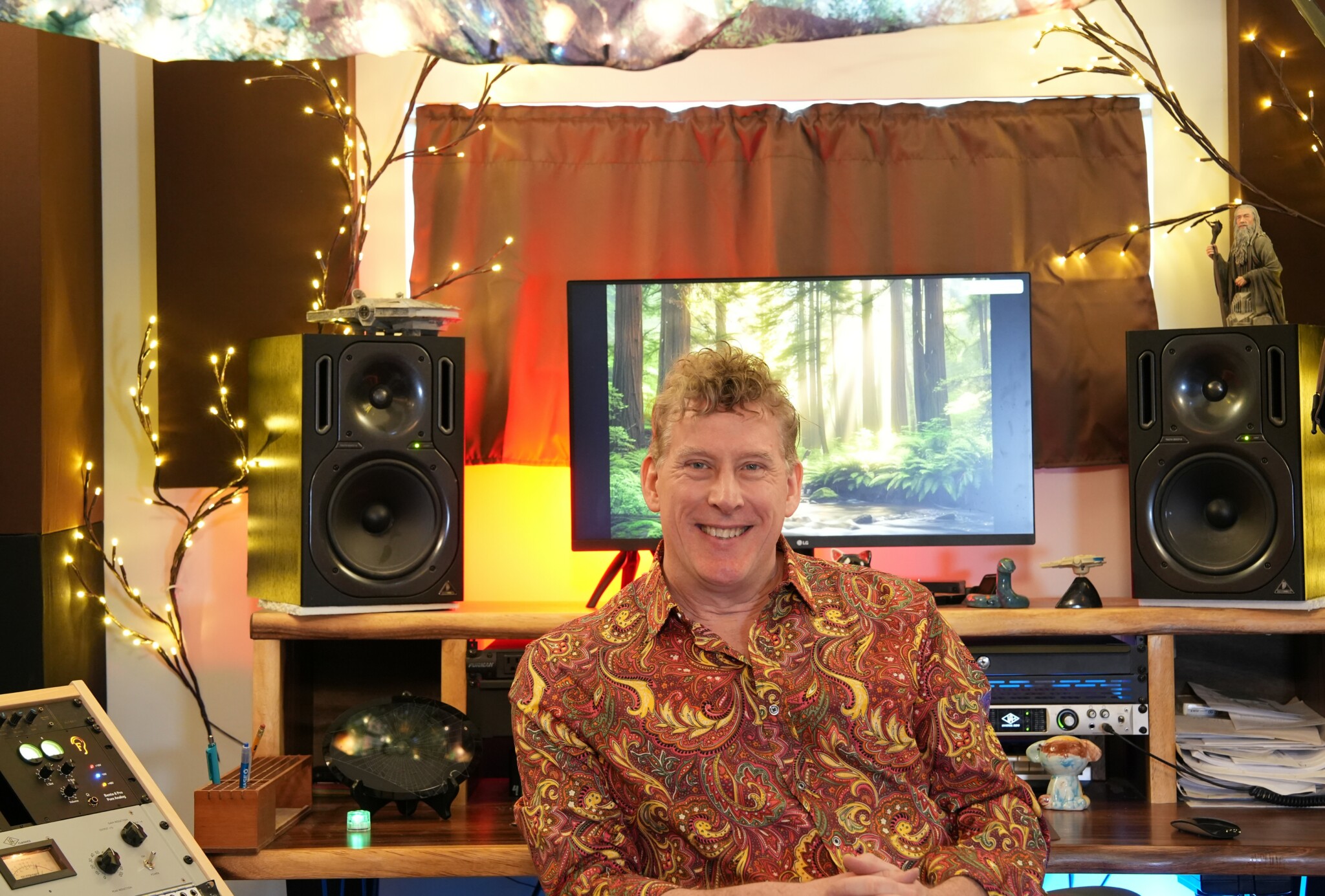
Image Credits
Michael Shipley


